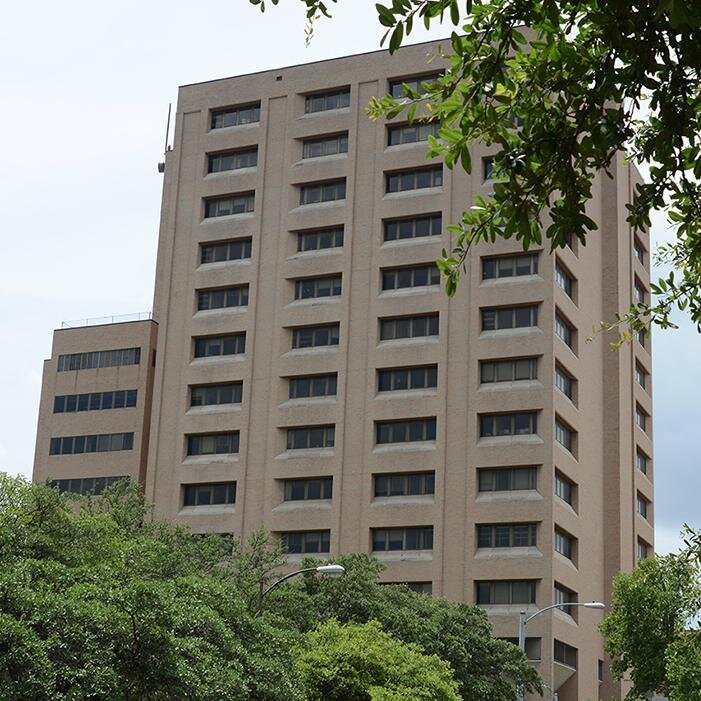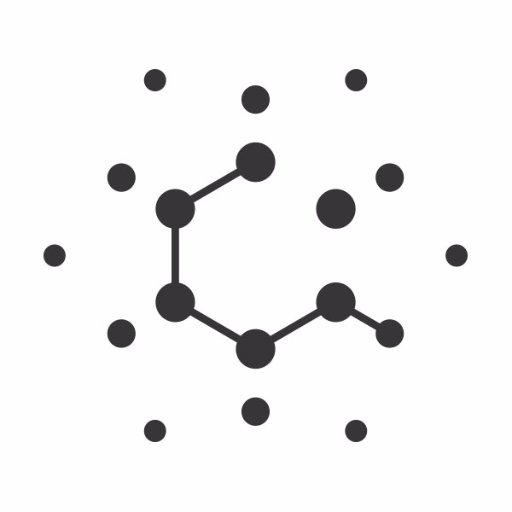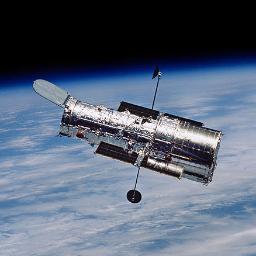
UT Physics
@UTPhysics
Followers
254
Following
11
Media
1
Statuses
71
The official twitter for the Department of Physics at the University of Texas at Austin.
Austin, Texas
Joined June 2014
Join us for UT Physics Open House next Monday, April 8 from 2-5pm and get to know the UT Physics department with research talks, lab tours, and a poster contest!
3
1
3
2D materials offer intriguing opportunities for flexible, wearable electronic devices but powering them can be challenging. A study in Nature demonstrates that 2D materials-based electronic devices can be powered using Wi-Fi radiation. https://t.co/vUoYItUwp7
3
33
41
Neutrinos are lightweight particles that rarely interact with matter. That makes them difficult to study, but they’re also the particles that could answer longstanding questions about the creation of the cosmos, so they’re worth the pursuit. https://t.co/uYaRNlfRU9
0
32
74
🏈✨From a #supernova explosion to a collision between galaxy clusters, these out-of-this-world @chandraxray images in blue, gold and red are sure to make your game day celebrations even brighter! #SuperBowlLIII #LARams #Patriots
20
313
2K
A successful four years of CMS detector operation came to an end last week and we are now beginning a new chapter. The coming two-years of Long Shutdown (LS2) will allow for major upgrades of CMS, some of them already preparing the detector for #HiLumiLHC. https://t.co/ujwHgmEB8T
7
80
219
A newly discovered dwarf planet—nicknamed “Farout”—may be the solar system’s most distant resident.
12
371
607
Finding toxins with plasmonics: light-controlled nanomaterials are revolutionizing sensor technology https://t.co/0Wbynpx48y This is one of our Top 10 Emerging Technologies of 2018, produced in collaboration with @wef.
0
20
23
An ancient merger helped form our galaxy https://t.co/LlX4P18lDz
#physics
0
13
18
The CMS experiment observes a new mode for single #topquark production, together with a Z boson. How do you discover a rare process like this one? CMS researchers explain it in this video https://t.co/GQPSuPbN3b - or read more:
2
20
67
Three trends will combine over the next 20 years to make climate change faster and more furious than anticipated.
2
39
57
ICYMI: How do you simulate a universe? Huge supercomputers and clever algorithms have made coding the cosmos possible and created new virtual laboratories. https://t.co/Wve7ZZN5iK
0
20
44
Live now: Seven astronauts share the challenges of working on a telescope in space
23
273
1K
ICYMI: Judea Pearl’s work helped lead to a revolution in machine learning, but now Pearl is ready for AIs to move closer to something resembling human intelligence. https://t.co/HZMVCk2thZ
2
30
54
The LHC accelerator stopped colliding only few days ago, but preparations for future experiment have started! Step 1: take down protective shielding wall to install new cables and services.
3
31
77
ICYMI: For years, the math for describing rotations of 3-D objects eluded the famed mathematician William Hamilton. Then he found it in the fourth dimension. https://t.co/csrfZor0ns
0
63
163
What do you give a physicist who helped discover a fundamental particle and jump-started your science career?
symmetrymagazine.org
What do you give a physicist who helped discover a fundamental particle and jump-started your science career?
2
14
24
A new quantum paradox forces physicists to drop one of three seemingly reasonable assumptions. Does this hint that something entirely new awaits us in our search for a descriptor of reality? https://t.co/sBDg8AhY1m
0
35
73
Head of EPO for LSST @astropixie was recently interviewed for the Cardiff University podcast Pythagorean Astronomy. Hear her describe the impact of @LSST at https://t.co/DM1L17noDq
#NSFScience
0
4
8















